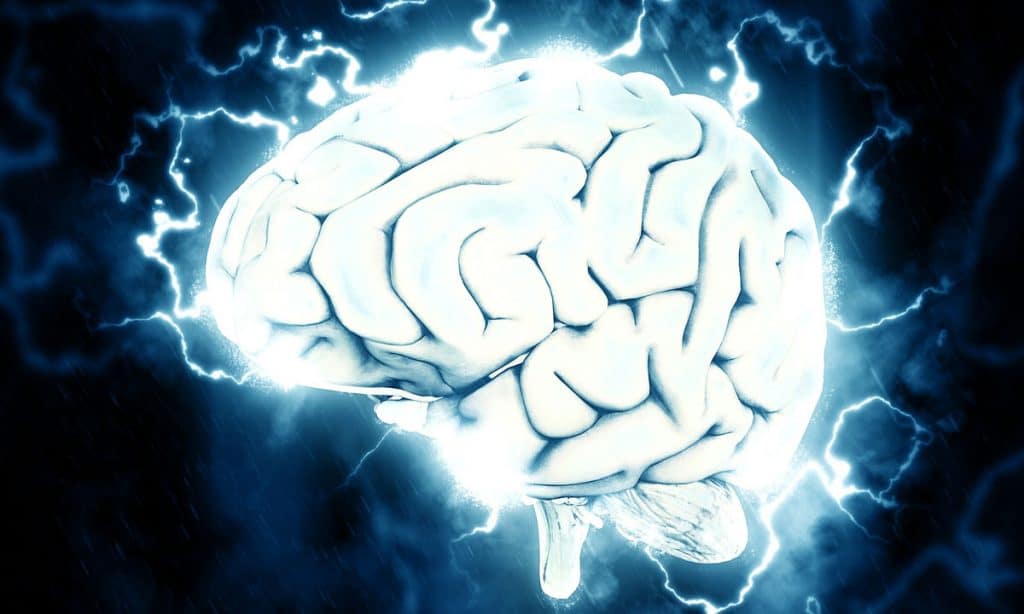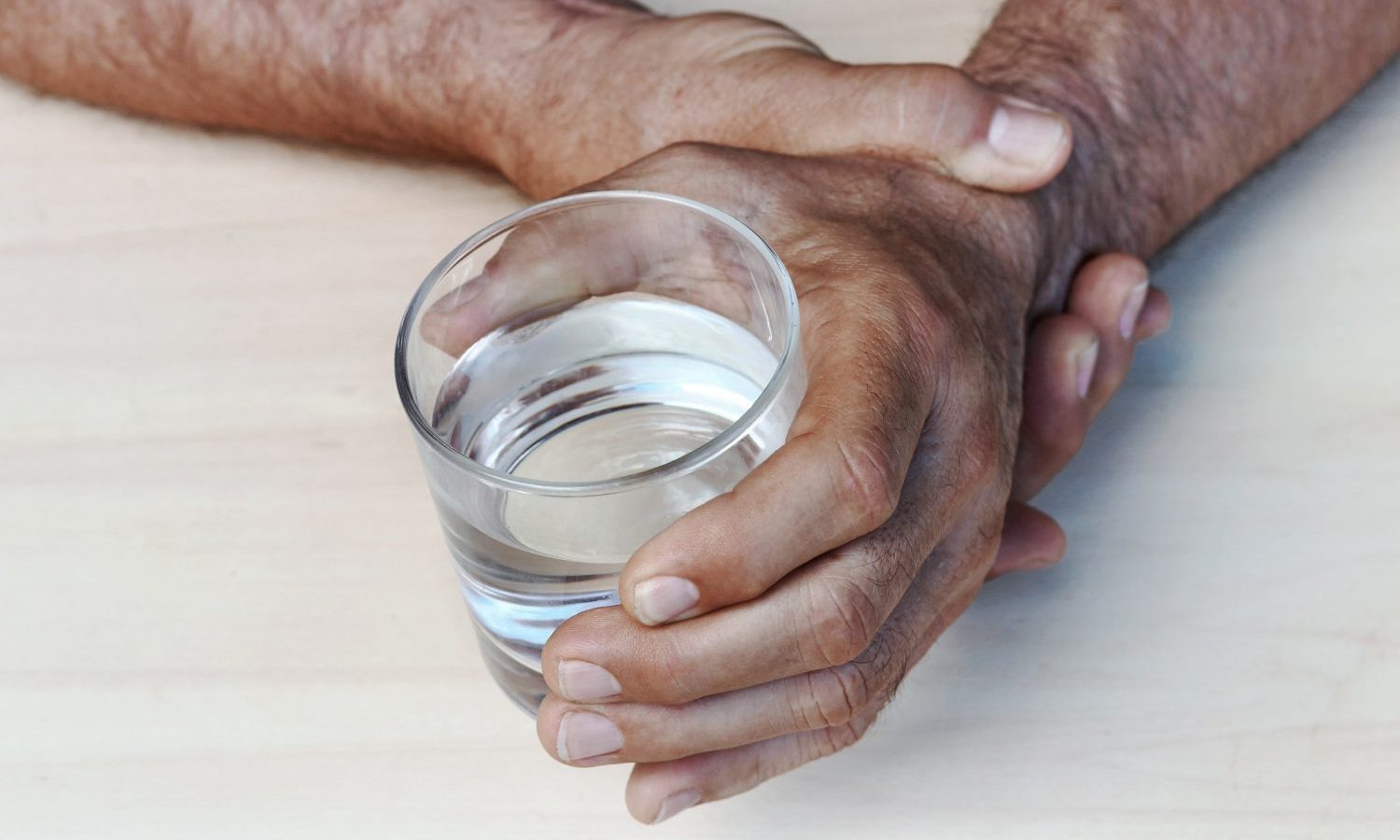New research found that cannabis helped relieve the crippling symptoms of Parkinson’s disease in the majority of patients studied.
While America may be considered the land of freedom, Europe has led the way in plant medicine use and research for decades. And in addition to allowing medical marijuana, Germany also has a legal CBD market that allows people to purchase products containing the cannabinoid online without a prescription. For conditions that reacted to previous treatment unsuccessfully or poorly tolerated treatment, their doctors can prescribe cannabis products containing THC.
Parkinson’s disease, a disorder of the central nervous system, is an incurable condition that millions of people suffer from. Symptoms include tremors, loss of balance, stiffness, and other motor dysfunction. Usually, the symptoms become progressively worse over time, but treatment can slow or even halt progress.
A recent study from Germany, published in the Journal of Parkinson’s Disease, analyzed 1348 participants (54.7% men, 45.2% women). More than half (54%) of patients with Parkinson’s who used cannabis reported it provided relief from the condition. Of those who didn’t use cannabis, 65% of them were interested in trying it as a treatment; fear of side effects and a lack of available consumer-level information kept them back from experimenting.
To highlight the lack of information: only 9% of people were aware of the difference between the cannabinoids THC and CBD. Interestingly, inhaled cannabis products with THC were more efficient at treating stiffness. Unfortunately, patients reacted to these products more severely than products containing little to no THC.

How And Who Did Cannabis Help?
Of the respondents, the mean age was 71. Of those who reported positive use of cannabis for treating their symptoms, 43.9% reported it helped with their pain, and 41.4% reported it helped with muscle cramps. Users were an average of 5.6 years younger than non-users.
RELATED: Marijuana And Parkinson’s Disease: What New Research Uncovered
More than half (50.8%) of users also rated cannabis as more effective than a traditional pharmacological option for treatment — dopamine agonists. An additional 23% of users said that cannabis was as effective as those medications.
Researchers note that cannabis use was associated with those who live in big cities and having better knowledge about cannabis in general. While 9.1% of non-users knew the difference between THC and CBD, 49.6% of users did.
RELATED: Study: CBD Reduces Anxiety And Tremors In Parkinson’s Patients
The amount of cannabis used in treatment may also affect the outcome, as 79% of frequent users reported relief, while only 67% of occasional smokers did, and 25% of one-time smokers. While these are not concrete enough results on which to give medical advice, they are inching closer towards the legitimization of cannabis as a medicine.


